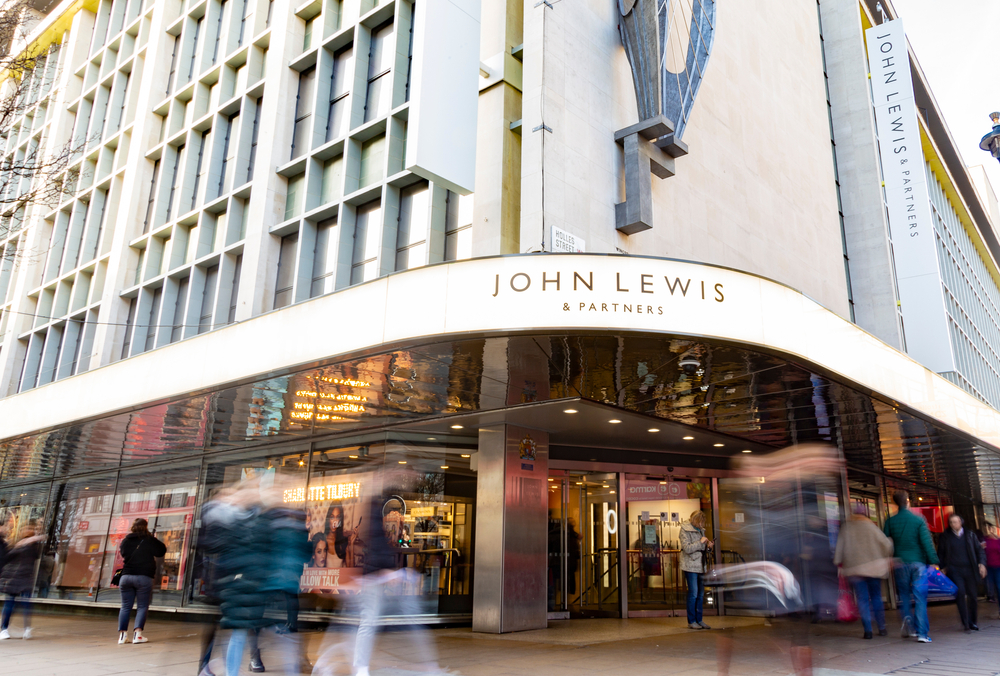The US election result has thrown the value of its dollar into unexplored waters, plunging the country into a similar position the UK has been in since Brexit.
Inflation anxiety is currently top of the agenda in retail. The ticking clock for the depreciation of the pound hitting our wallets has begun.
Earlier this week it was announced that Birds Eye and Walkers are following in the footsteps of Unilever, demanding retailers pay up to 12 per cent more for their goods due to the economic impact of Brexit.
In a market which has seen retailers squeeze margins to the absolute extreme by attempting to keep their prices competitive, many retailers have sought to follow the example of Tesco and challenge these price hikes.
This has set the stage for a battle between suppliers and retailers as both attempt to navigate through unknown financial territory.
“Manufacturers, suppliers and retailers will all tussle amongst themselves to limit the impact of currency fluctuations,” Currencies.co.uk chief analyst Jonathan Watson told the Retail Gazette.
“When there are big swings and for a significant period that is when the price to customers will change.
READ MORE: Birds Eye and Walkers enter the Brexit price war
“So with sterling having fallen 15 per cent since the vote over four months ago we are now starting to see some of the changes to customers as the decrease in margin to the producers, wholesalers and others in the production line starts to bite.
“With the pound likely to remain low and possibly move lower in 2017, the potential for further price hikes increases.
Edison Investment analyst David Stoddart told the Retail Gazette that he would be “surprised” if the margins of retailers and manufacturers escaped unscathed.
“Albeit they will review sourcing, supply chains and other expenses to try and protect them,” he said.
“It seems inevitable, given the scale of sterling‘s fall vs the US dollar, that consumers will see some price increases in the short to medium term. After all, retailers already face a cost squeeze from the national living wage.”
Inflation levels depend on the fragile relationship between prices and wages. With the National Minimum Wage set to rise incrementally each year until 2020 to levels never before seen in the UK, will consumers even notice the rise in prices?
“If someone at the bottom all of sudden hikes prices there is not a huge amount those above can do.”
Watson believes so.
“The National Institute of Economic and Social Research predicted last week UK Inflation would rise up to four per cent next year, well above the Bank of England‘s forecasts of 2.7 per cent,” he said.
“In October, wage growth fell to 2.3 per cent which whilst currently above the rate of Inflation at one per cent shows a worrying trend.
“If wage growth fails to reverse trend we are not far from inflation rising faster than wages which would be very worrying for consumers as the pound in their pocket will be buying less.
“Rising wages will offset the negative effects of inflation until inflation rises faster than wages. The current trend suggests this could happen.”
Consumers are of course at the whim of retailers. Should they decide to, it is entirely possible for them to simply pass the extra costs along to shoppers, minimising the effects of the price hikes and maintaining strong relationships with suppliers.
READ MORE: “Marmageddon” returns
“If someone at the bottom all of sudden hikes prices there is not a huge amount those above can do,” Watson added.
“Retails will ultimately raise prices on customers as a last resort. It does depend on the industry however with more specialist goods that are less price sensitive more likely to pass on costs.
“More competitive consumer goods like foodstuffs will be very price sensitive as supermarkets seek to reduce the impact on the consumer. Supermarkets will – like we have seen with Tesco and Unilever – be quick to push costs back on their suppliers to protect margins and satisfy shareholders.
“One effect from the last financial crisis was a boom in value offerings such as Lidl and Aldi. Falling wages and rising inflation might put further business into these chains hands as consumers seek out the cheaper option.”
Click here to sign up to Retail Gazette’s free daily email newsletter


















